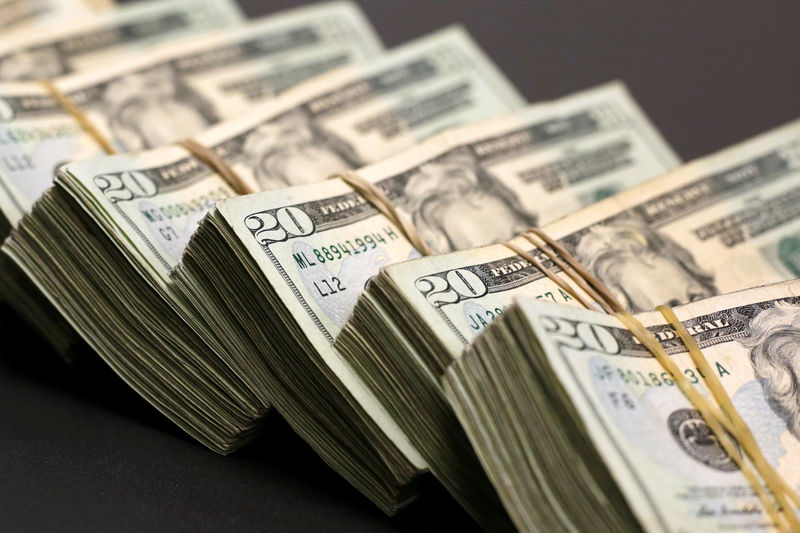Investing.com — Most Asian currencies weakened on Wednesday as uncertainty over U.S. interest rates and the upcoming presidential election kept traders risk-averse, while the dollar remained at a near three-month high.
Regional currencies pared losses over the past two weeks as signs of resilience in the U.S. economy reinforced expectations that the Federal Reserve would cut rates at a slower pace.
The Japanese yen was hit hardest by this idea, with the currency hitting a nearly three-month low this week. Expectations of Japanese general elections and a Bank of Japan meeting also weighed on the yen.
The focus was also on more stimulus signals from China, with the yuan holding at a two-month low.
Dollar is at near three-month high as interest rates rise
The and both rose about 0.1% in Asian trading, extending recent gains as traders bet on a slower pace of Fed rate cuts.
Traders were pricing in an 85.9% chance of a 25 basis point cut in November, and a 14.1% chance of it being unchanged, it showed.
This idea was supported by recent data showing that the US economy remained resilient, supporting expectations for US inflation. Government bond yields rose sharply on expectations of relatively higher interest rates, hitting a three-month high this week.
The dollar also gained support as it positioned itself ahead of the 2024 presidential elections, which take place in about two weeks. Republican candidate Donald Trump gained a lead over Vice President Kamala Harris, recent polls and prediction markets showed, even as they remain poised for a close race.
Yen weakness continues with USDJPY near 152
The yen continued to rapidly pare the gains of the past two months, with the pair rising 0.5% on Wednesday and closing in on 152 yen, its highest level since late July.
The currency has been under pressure due to growing doubts about the BOJ’s ability to raise rates further, especially in light of a possible leadership change within the Japanese government. Japan will hold a general election this Sunday, with the ruling Liberal Democratic Party facing the possibility of needing a coalition to stay in power.
The BOJ will also meet next week, but it is unlikely to raise rates. That should be expected this Friday.
Broader Asian currencies were mostly weaker. The Chinese yuan pair rose 0.1%, with focus shifting to an upcoming meeting of China’s National People’s Congress for more clues on budget spending.
The Singapore dollar pair rose 0.1%, while the Australian dollar pair was unchanged.
The South Korean won pair rose 0.3%, while the Indian rupee pair hovered near record highs.


